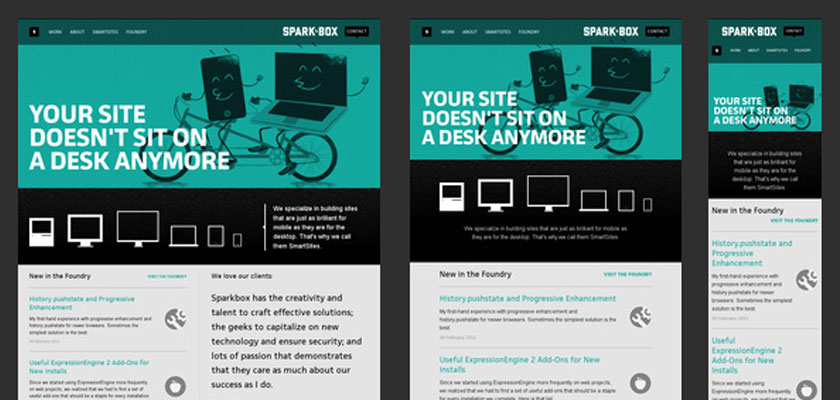Eleven Characteristics of a Good Website
If you’re a designer, you may judge websites based on their appearance. While the design and appearance of a website matter, that’s only one of several factors that will play a role in determining the website’s success.
Here is a look at some of the most important factors to keep in mind:
1.) Quality Content
Ultimately, visitors come to your website because of the content. In most cases, they’re looking for something specific. They could be looking for an asnswer to a question, looking for a product to purchase, looking for entertainment, or something else depending on the type of website.
The content of your websites could be in text, audio, or video format (or all of the above). The details of what qualifies as “quality” content will vary depending on the type of website and the specific content you provide, but in every case, it must meet the needs of your visitors and provide them with whatever it is that they’re looking for.
Content is the most important element of any website. If you want to have a quality site, you must focus on providing visitors with the best content that will meet their needs. Don’t allow design, search engine optimization, or any other aspects of the website to take priority over the content.
2.) Clear Purpose
Why does the website exist?
Each site should have a specific purpose, and that purpose should be clear to visitors within the first few seconds of arriving at the website.
Your website’s purpose will work hand-in-hand with the specific action you want visitors to take. For example, if your website’s purpose is to sell a product, you want to lead visitors toward the action of adding the item to their shopping cart and completing the checkout.
Good websites make effective use of calls to action that lead visitors toward the intended action. This could be related to buying a product, filling out contact information for a lead generation website, scheduling an appointment, opting in to an email list, or some other specific action.
Without a clear purpose and without a strong call to action, the website is unlikely to get results.
3.) Functional and User-Friendly
Effective websites are easy to use. A frustrating user experience makes it harder for visitors to find the content or answers that they’re looking for and will increase the chances that they’ll leave the site before taking the desired action.
4.) Simple and Attractive Design

A website doesn’t have to be flashy in order to look good. In fact, simple and clean designs and layouts are often the most effective. A simple website can look professional while providing the appropriate content along with an excellent user experience.
If you’re looking for inspiration, see our collection of minimalist website designs.
5.) Easy Navigation
Navigation will have a huge impact on the user experience. Effective navigation will make it easy for visitors to find what they’re looking for while poor navigation will frustrate users.
Most websites have a primary navigation menu with links to the major pages or hubs of the site. Larger sites may use dropdown navigation menus or even mega menus to make it faster and easier to get to any page on the website.
In order for the navigation to be effective, the content of the site must be structured logically, which can become a challenge with larger sites.
For some ideas and inspiration, see our showcase of beautiful navigation menus.
Article written by Steven Snell for Vandelay Design.
